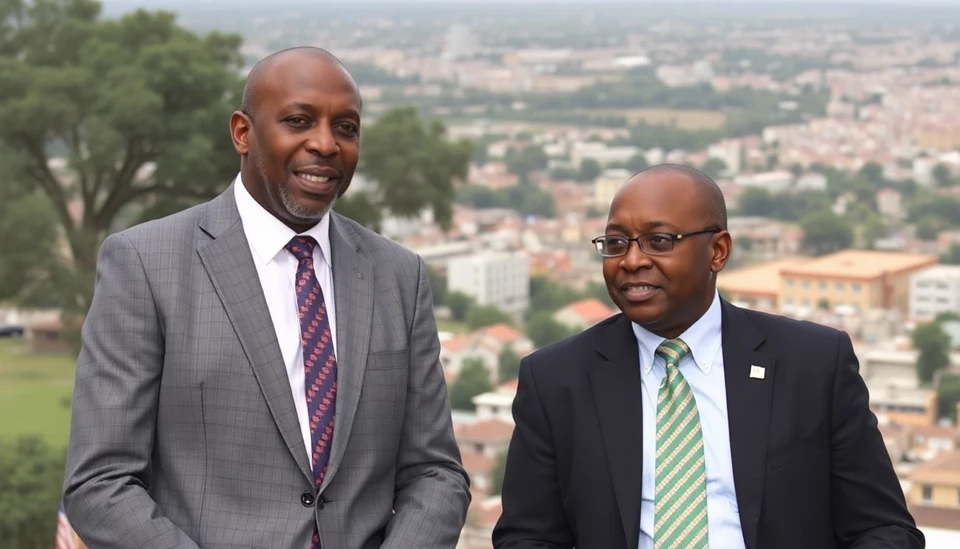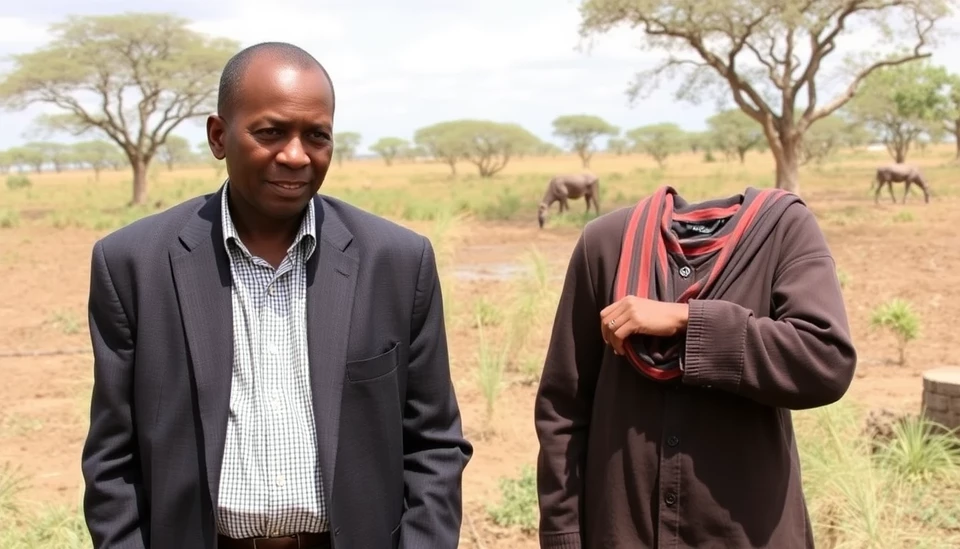
Zimbabwe is currently facing intensified pressure to implement crucial economic reforms, according to the African Development Bank (AfDB) President, Akinwumi Adesina. During a recent visit to the country, Adesina emphasized that the time has come for Zimbabwe to take definitive steps towards reforming its economy in order to unlock financial support and foster sustainable growth. This comes at a critical juncture as the nation grapples with numerous economic challenges that have plagued it for decades, including rampant inflation, unemployment, and a struggling currency.
Adesina’s remarks are particularly significant given Zimbabwe’s long-standing relationship with the AfDB, which has provided substantial financial assistance in the past. However, the AfDB leader highlighted that continued financial aid is contingent upon the government demonstrating a clear commitment to implementing necessary reforms. He pointed out that without visible changes, international lenders would be reluctant to provide the funding that Zimbabwe desperately needs.
In his address, Adesina recommended specific areas for reform, including improving governance, enhancing transparency in the financial sector, and tackling systemic corruption. He noted that these measures are essential not only for restoring investor confidence but also for promoting economic resilience in the face of external shocks such as global economic downturns or environmental challenges.
Moreover, the AfDB President urged the Zimbabwean government to prioritize agricultural sector revitalization, pointing out that agriculture is a critical component of the nation’s economy. By investing in agricultural infrastructure and technologies, Zimbabwe could boost food security, create jobs, and stimulate rural development. This aligns with the AfDB’s broader agenda of enhancing agricultural productivity across the African continent.
Adesina’s comments coincide with a period of increasing scrutiny from various international communities and financial institutions regarding Zimbabwe's economic policies. The country has often been criticized for its economic mismanagement, which has resulted in austerity measures and social unrest among the population. As calls for reform grow louder, Zimbabwe must navigate the complex political landscape while addressing the pressing economic realities faced by its citizens.
In conclusion, Akinwumi Adesina's visit underscores the urgent need for Zimbabwe to embrace reform in order to stabilize its economy and regain the confidence of international stakeholders. The AfDB stands ready to assist, but the path forward is clear: without change, the nation's hopes for recovery and growth may remain unfulfilled.
#Zimbabwe #AfDB #EconomicReforms #AkinwumiAdesina #Corruption #Agriculture #InvestorConfidence #EconomicChallenges
Author: Daniel Foster




